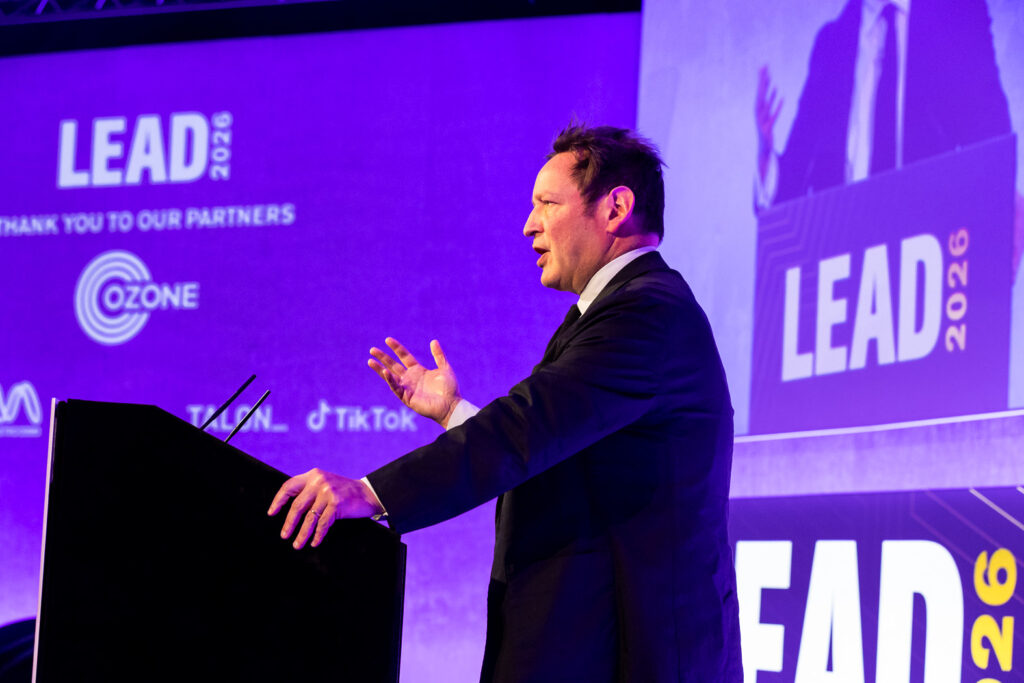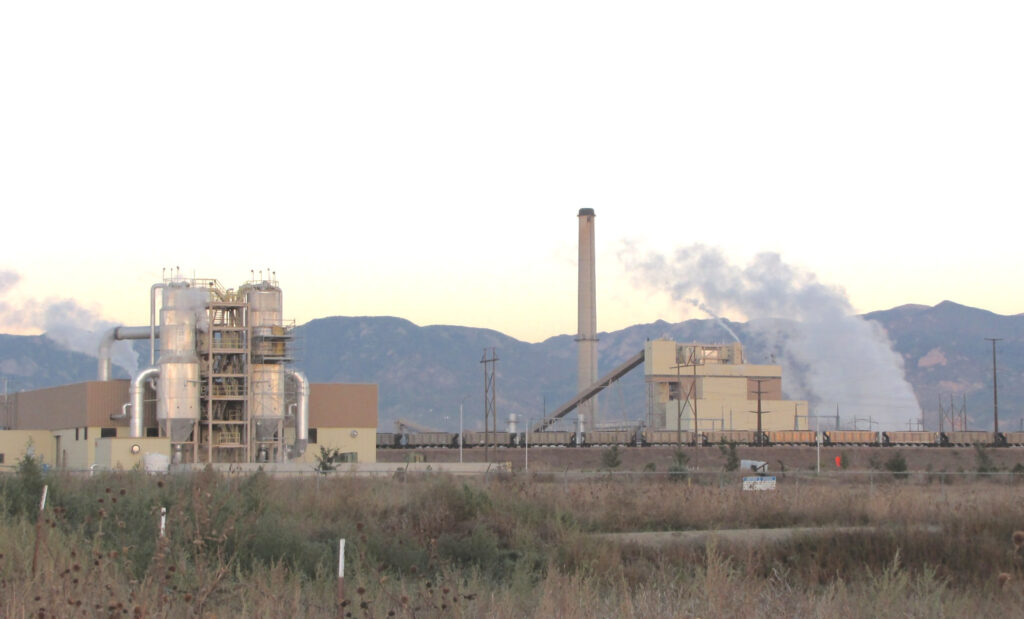President George Bush, Canadian Prime Minister Stephen Harper and now the Canadian Council of Chief Executives are all suggesting that voluntary targets to reduce energy intensity will be a sufficient short-term response to climate change.
But Suncor Energy, one of the biggest players in the biggest CO2 emissions industry in Canada, has offered a stellar illustration of the idiocy of that position.
In a half-page ad in the Globe and Mail, Tuesday, Suncor boasted that it had reduced GHG emission intensity in its Alberta oil sands development by 51 per cent between 1990 and 2006. The ad failed to mention that – thanks to huge increases in production – the company’s absolute emissions increased by 131 per cent over the same period. According to a PowerPoint presentation that you can find here, Suncor also plans to increase its production in the next three to five years from 260 thousand barrels per day to 550 thousand – a further jump of nearly 90 per cent.
Even at Suncor, that should be enough to unsettle your goldfish.
Subscribe to our newsletter
Stay up to date with DeSmog news and alerts






